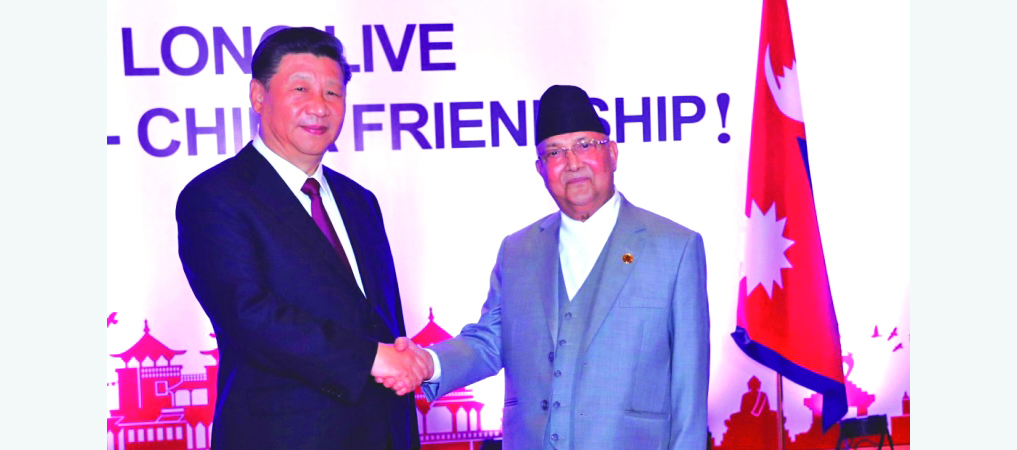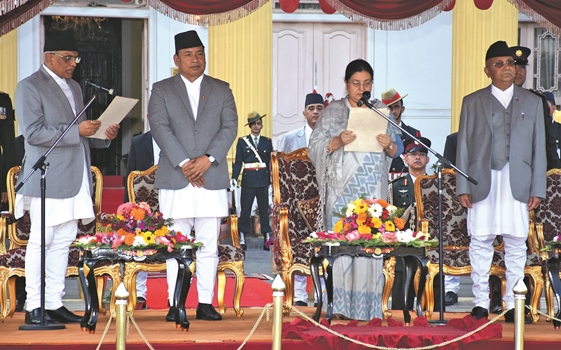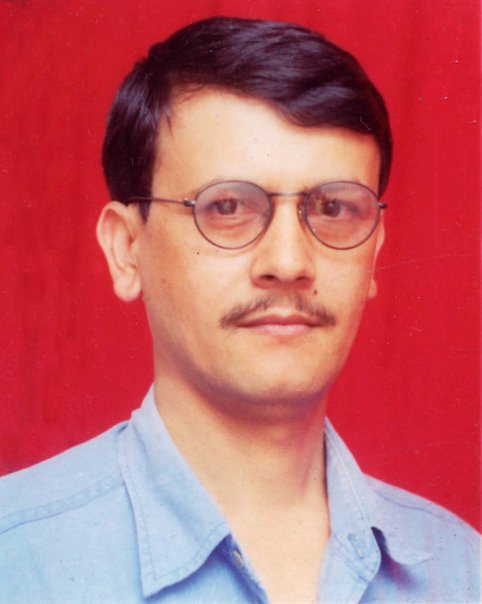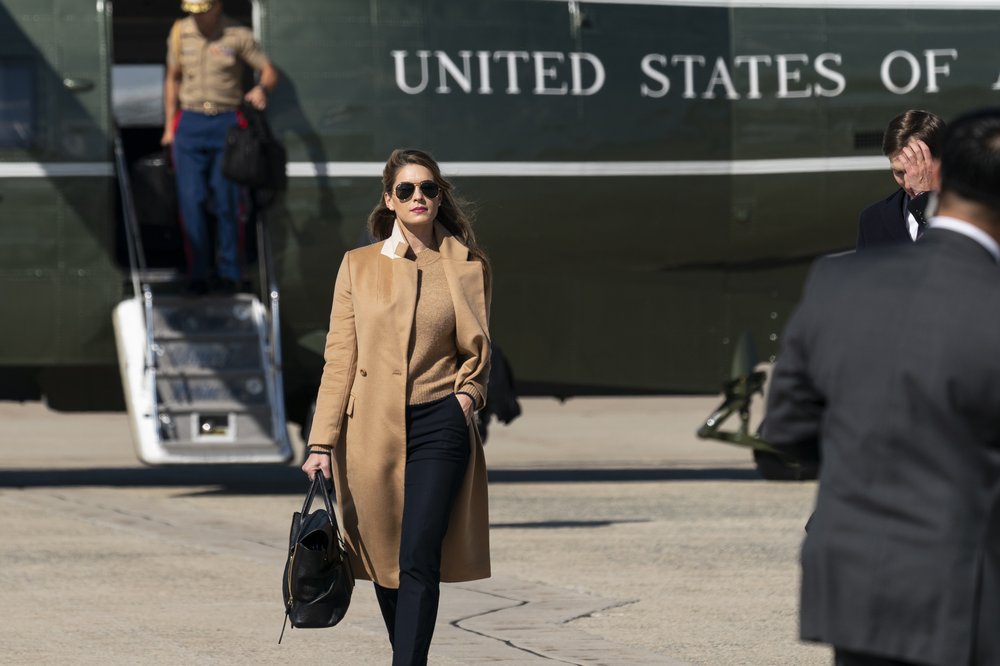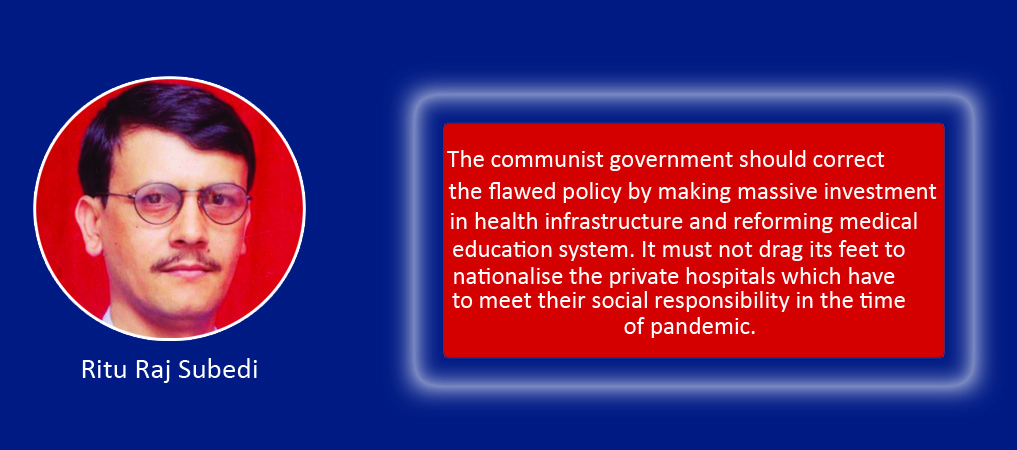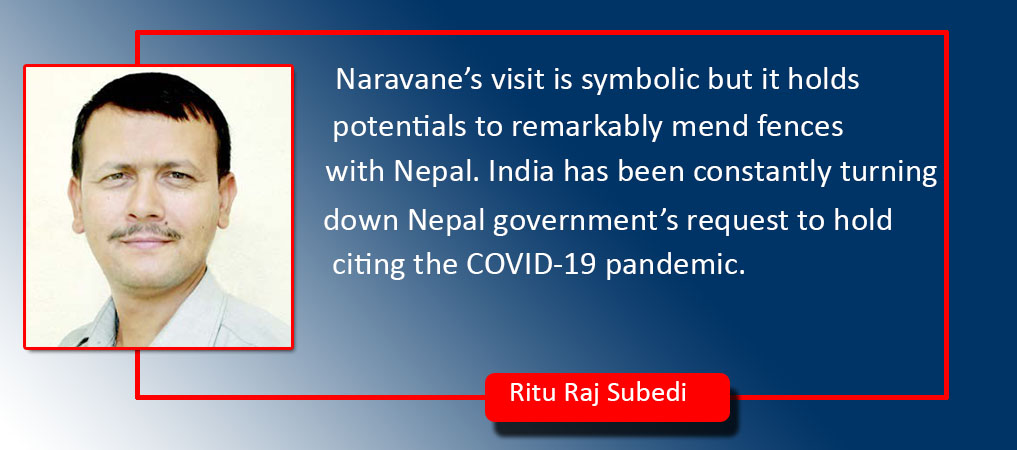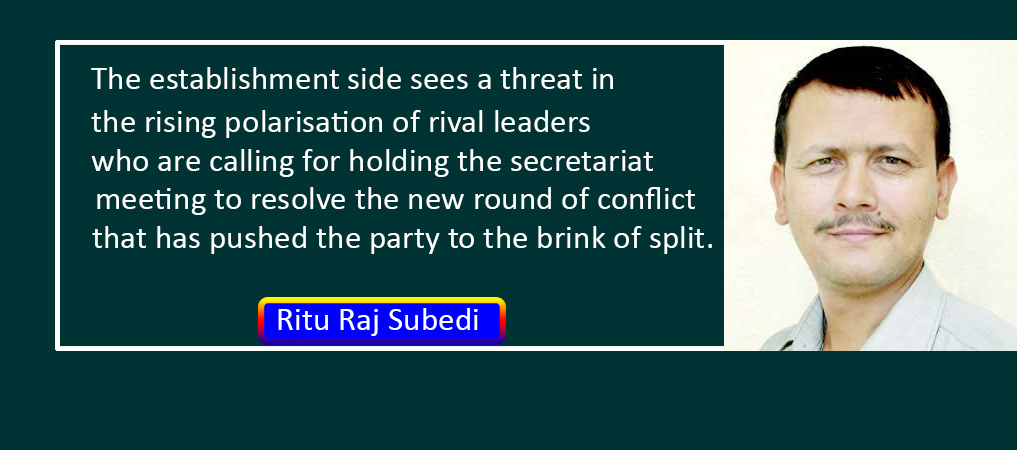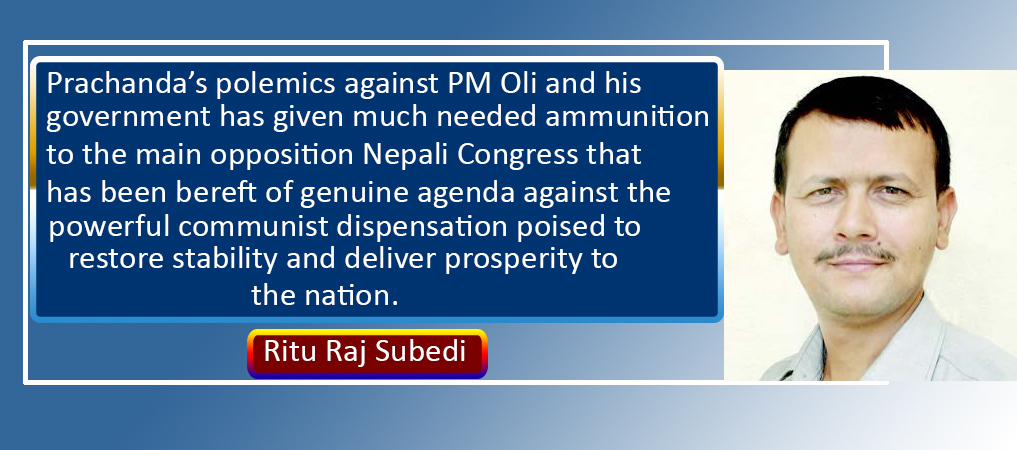NA Poll Rout Bodes Ill For UML
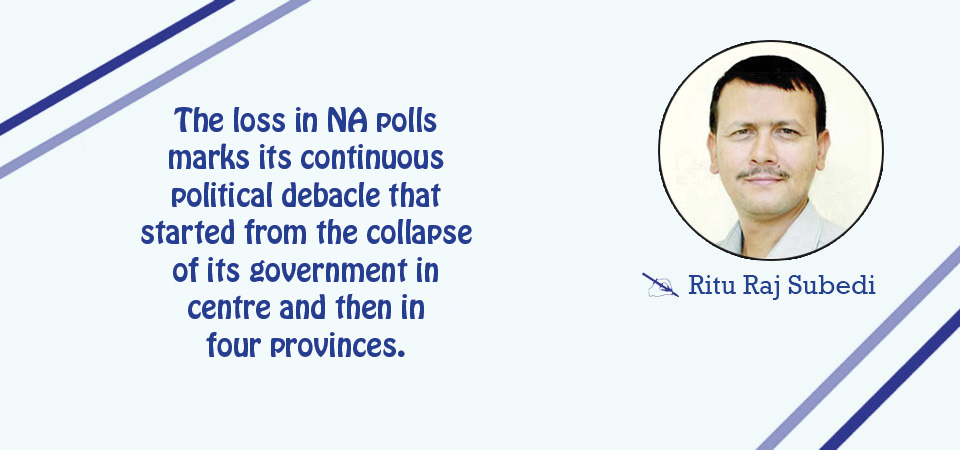
Ritu Raj Subedi
The five-party alliance has registered a resounding victory in the recent National Assembly (NA) elections. It made a clean sweep of 18 seats out of 19 in the Upper House. The main opposition CPN-UML that suffered a humiliating drubbing; it managed to secure only one seat. Ironically, some UML leaders have expressed happiness that it won one seat and bagged cross-votes in some provinces as it had to fight against five parties. This is UML's pseudo happiness that hides its growing dismay in the wake of its vertical split. The loss in NA polls marks its continuous political debacle that started from the collapse of its government in centre and then in four provinces.
Can it be a devastating prelude to the UML in the upcoming three-tier elections? Will the coalition be able to effectively stop the UML from reaching power for the next five years? The answer to these questions is largely ‘yes’ if the coalition keeps itself intact with a single mission of forestalling UML’s electoral success. The five-party alliance comprising Nepali Congress, CPN-Maoist Centre, CPN-Unified Socialist, Janata Samajbadi Party (JSP) and Rastriya Janamorcha is a unique experiment in the contemporary Nepali politics. Formed on the anti-regressive plank, the alliance came into existence against former prime minister and UML chair KP Sharma Oli’s move to dissolve the House of Representatives (HoR) twice in the span of six months.
Divergent ideologies
What is more interesting is the divergent ideological backgrounds that the constituents of this coalition represent. NC is a centre-right party inclined to neoliberal and free market economy. The Maoist Centre shows the posture of a radical communist party with heavy doses of ethnicity-based identity politics. The Unified Socialist is a moderate communist force that seeks to achieve socialism through participation in open competitive peaceful politics. The Rastriya Janamorcha is an anti-federalist party that serves as the parliamentary front of CPN-Mashal led by Mohan Bikram Singh. Upendra Yadav-led JSP is basically a Madhes-based force though it tries to gain national character by bringing non-Madhesi parties into the fold. Ethnicity-driven agenda brings Maoist Centre and JSP together while communist ideology has made the Maoist Centre, the Unified Socialist and Rastriya Janamorcha reliable partners.
Despite their different ideological leaning, they came together to achieve a common goal – to save the constitution from its immediate derailment and let the HoR complete its full five-year term. The coalition government is working on the basis of common minimum programme so that no serious misunderstanding surfaces to upset the applecart. The combination of five parties worked wonders in the NA polls but it is not sure whether or not it will jointly contest in the upcoming elections. The NC is divided on the issue but the establishment, led by party president and Prime Minister Sher Bahadur Deuba, appears positive about forging an electoral alliance with the coalition partners. The remaining four parties are likely to fight the forthcoming polls jointly even if the NC decides to go solo.
In order to counter the ruling five-party partnership, the UML also formed an alliance with Loktantrik Samajabadi Party Nepal (LSPN) and Rastriya Prajatantra Party (RPP) during the NA polls but it fell flat. UML chair Oli has reportedly established good personal rapport with LSPN leader Rajendra Mahato, who is known for his vitriolic speeches. Mahato has been pushing for multi-state agenda which experts consider as a recipe for the ethnic cleavages and territorial disintegration of the country. Similarly, RPP has called for restoring Hindu state and monarchy which goes against the spirit of the secular and republican constitution. Apparently, this alliance lacks common constitutional imperatives and is rather driven by short-term political expediency.
Stung by the unexpected poll loss, the UML leaders vented their ire against the ruling alliance, stating that this victory is its last celebration and the opposition will beat the alliance partners in the ‘real elections’ being held this year. Nonetheless, it will be a tough nut to crack for the UML if the five-party alliance goes to the second three-tier polls together. Unlike in 2017, the political landscape has now undergone a sea change. Five years ago, there was a craze for the erstwhile left alliance comprising UML and Maoist Centre. But the then NCP has been now divided into three groups - UML, Maoist Centre and Unified Socialist. The people had voted for the communist alliance hoping that it would deliver stability and good governance but the unconstitutional House dissolution betrayed the people’s trust in the NCP.
Bruised image
Likewise, the UML seemingly lacks credible electoral agenda this time. UML chair Oli had cashed in on the nationalistic slogan in the last elections. His stance against Indian blockade and landmark agreements on trade, transit transport and connectivity with China catapulted him to the centre stage of national politics. But there was no or little progress in implementing these accords during his three-year stay in power. Now he has completely stopped talking about ‘Chinese rail’ that he vowed to bring into Kathmandu via Kerung of Tibet. He is now not in a position to sell the dream of ‘Chinese rail’ to the voters. Moreover, his political misadventure has not only knocked him off his perch but also bruised his image badly.
Given Nepal’s mixed electoral system, it is difficult for any political party to muster majority in the federal parliament. This is why they require promoting workable coalition culture based on common political and economic agenda guided by broader understanding, democratic ethos and constitutional norms. Only then can they be able to ensure stability and prosperity in the country.
(The author is Deputy Executive Editor of The Rising Nepal.)
Recent News

Do not make expressions casting dout on election: EC
14 Apr, 2022
CM Bhatta says may New Year 2079 BS inspire positive thinking
14 Apr, 2022
Three new cases, 44 recoveries in 24 hours
14 Apr, 2022
689 climbers of 84 teams so far acquire permits for climbing various peaks this spring season
14 Apr, 2022
How the rising cost of living crisis is impacting Nepal
14 Apr, 2022
US military confirms an interstellar meteor collided with Earth
14 Apr, 2022
Valneva Covid vaccine approved for use in UK
14 Apr, 2022
Chair Prachanda highlights need of unity among Maoist, Communist forces
14 Apr, 2022
Ranbir Kapoor and Alia Bhatt: Bollywood toasts star couple on wedding
14 Apr, 2022
President Bhandari confers decorations (Photo Feature)
14 Apr, 2022



